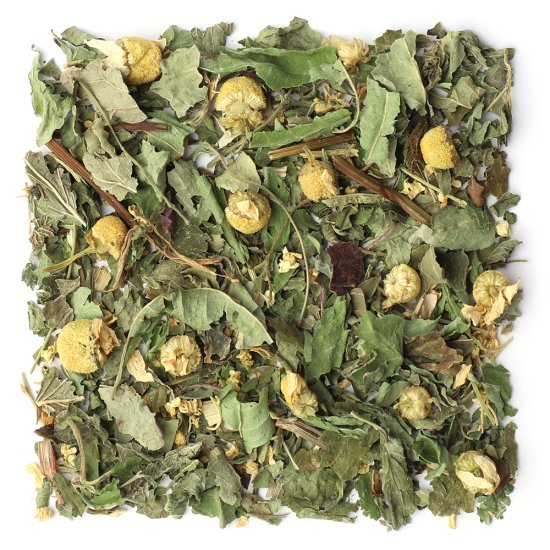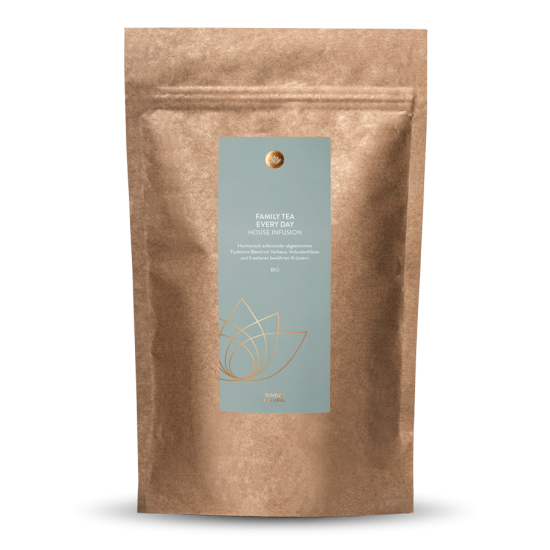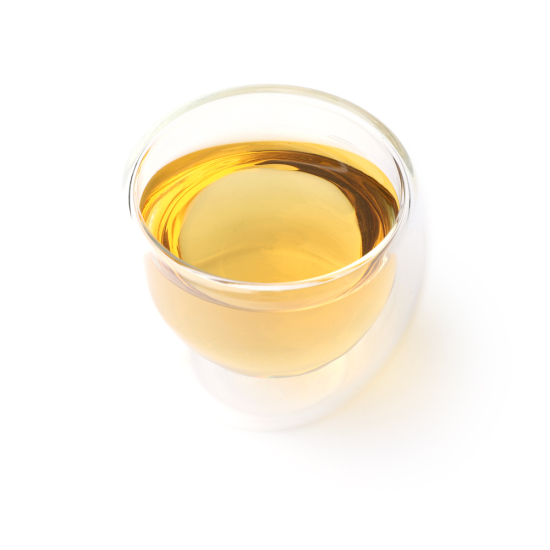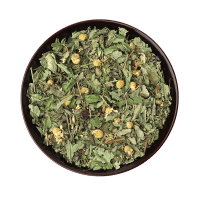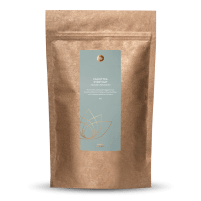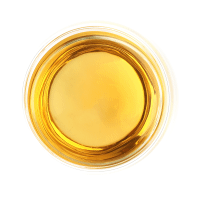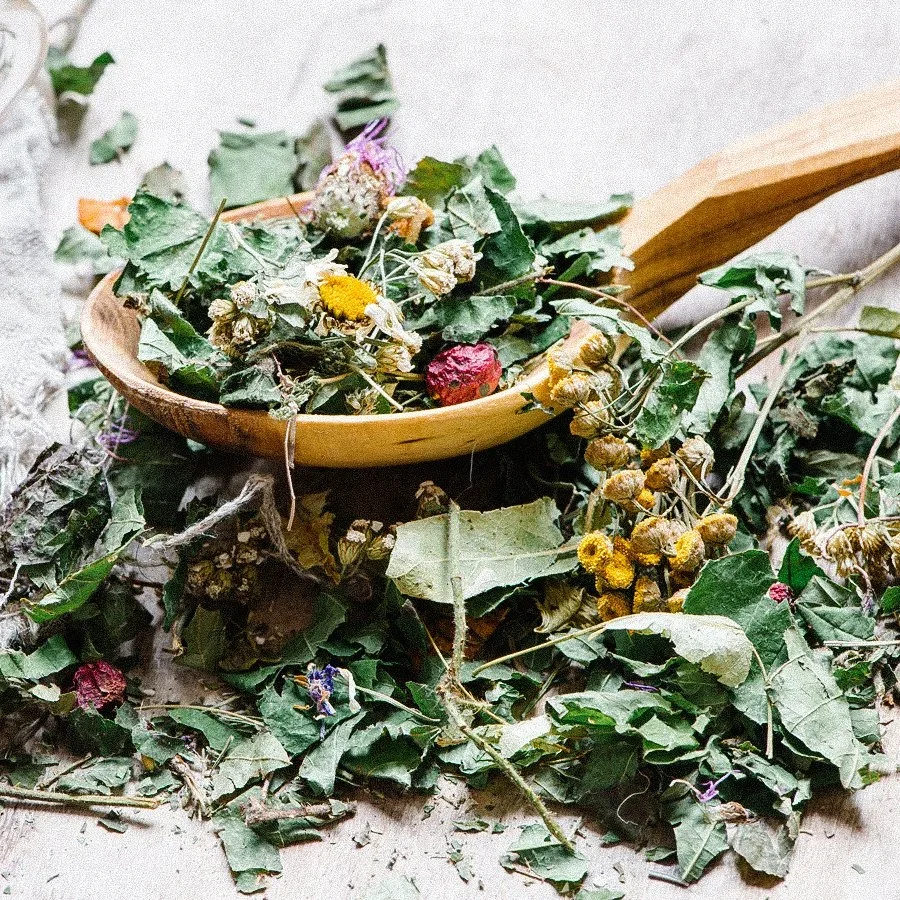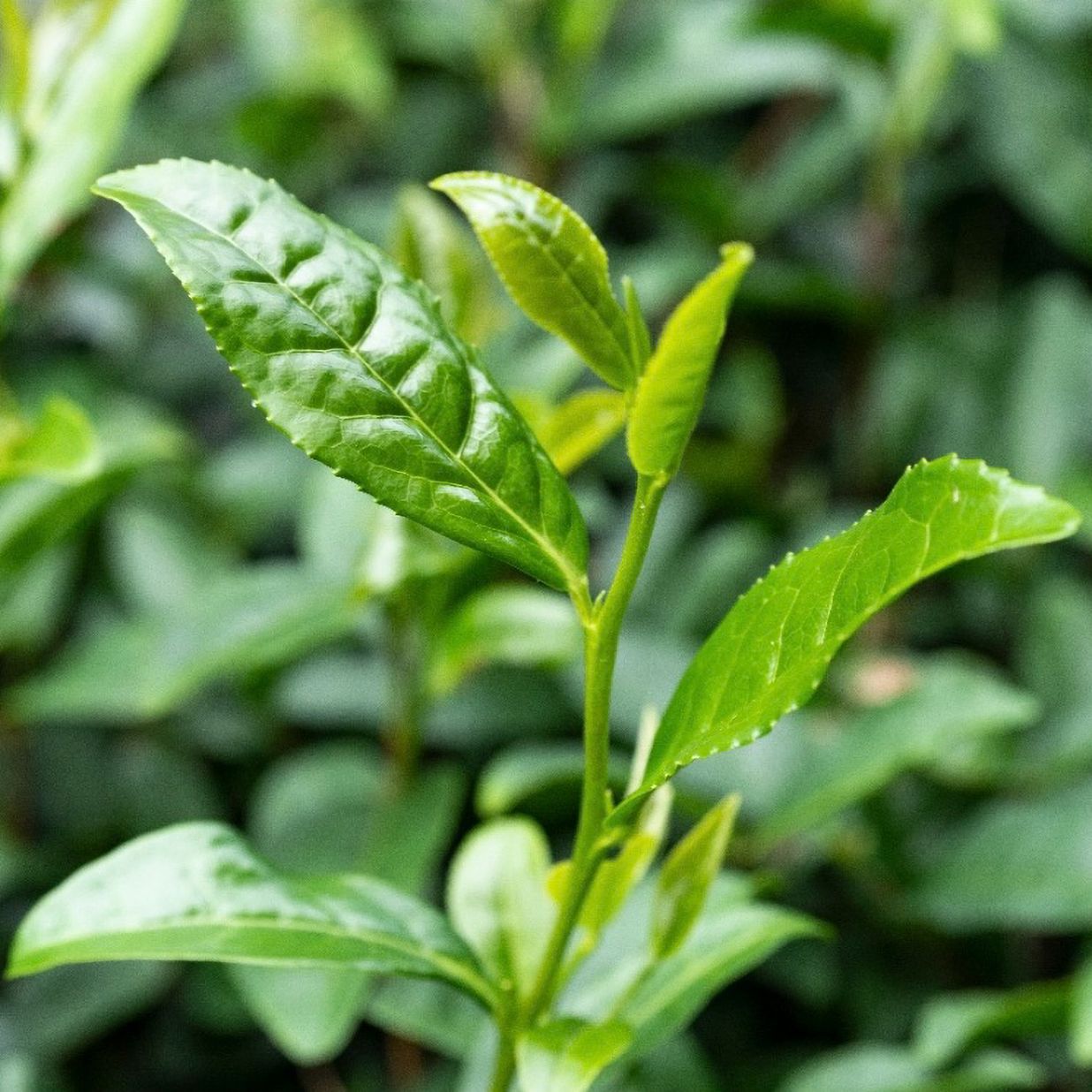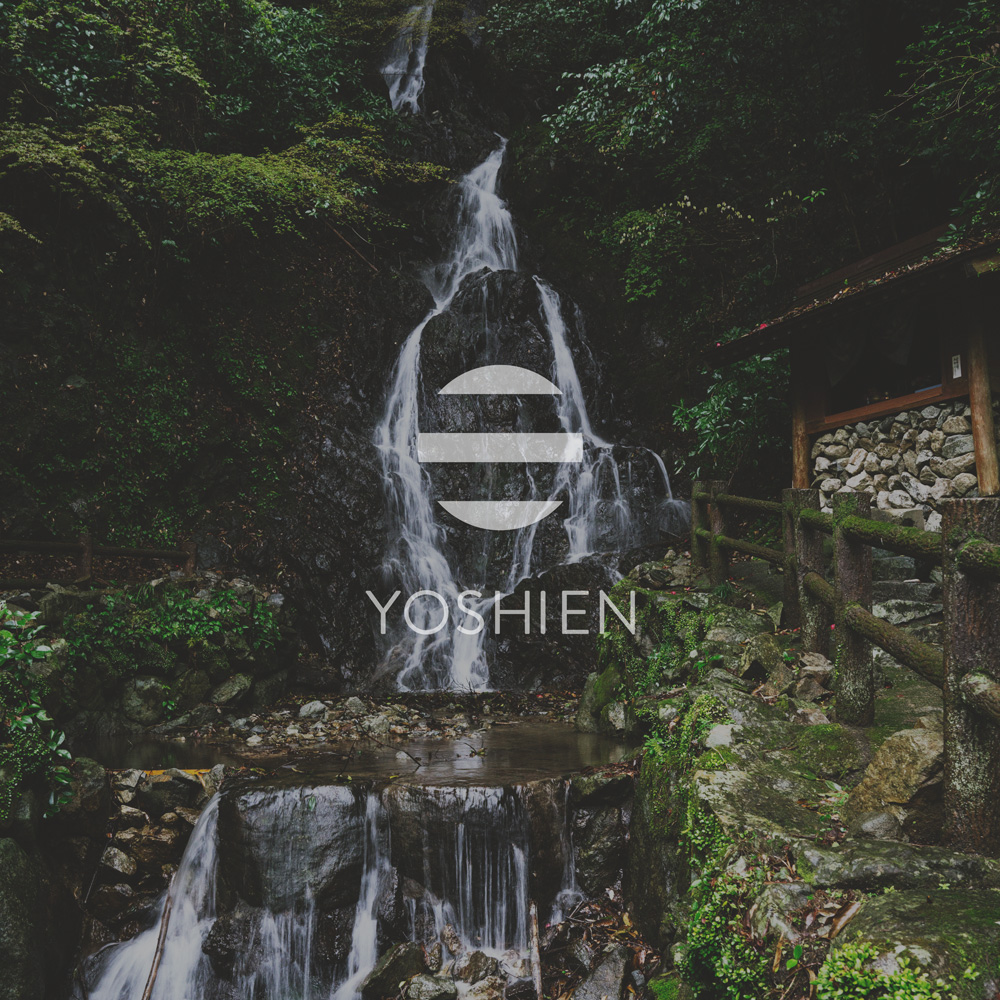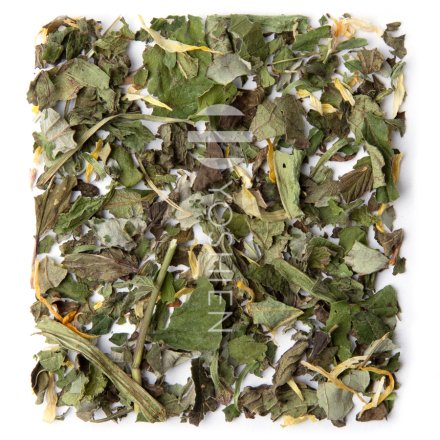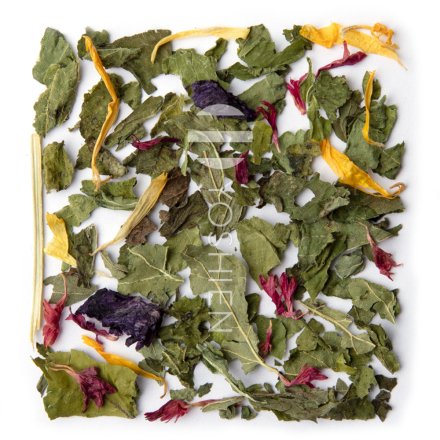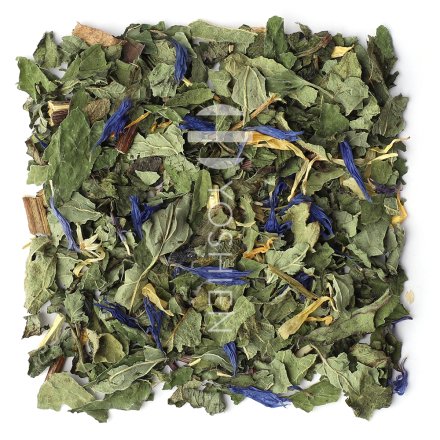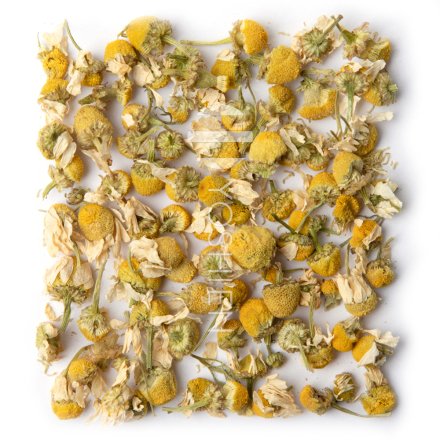Verbena
Lemon verbena (Aloysia citrodora), also known as lemon beebrush, is indigenous to Argentina, Uruguay and Chile. During the 18th century, it was introduced to Europe, where it was scientifically classified as a distinct species for the first time. The perennial plant thrives in nutrient-rich, water-permeable sandy soil with ample sunlight, preferring sheltered locations. In spring, new stems emerge from the roots, followed by the elongated leaves appearing from May onwards, arranged in threes in a whorled fashion. When fully grown, these leaves exude a delightful lemon fragrance. Come August, small white flowers adorned with four tiny petals grace the plant.
Dandelion
The dandelion (Taraxacum) belongs to the daisy family and can be found growing across the Northern Hemisphere. It has a firm place in ancient herbal traditions and is also known as the ginseng of the north. All parts of this plant can be used, whether in soups, salads or tinctures.
Lemon Balm
Melissa officinalis is a southern European plant. Like many herbs from the south, it was first cultivated in monastery gardens and then gradually spread throughout Europe. The perennial plant sprouts in March and can grow up to 70cm tall by July and is clearly recognisable by its scent. Due to its many uses, however, it was cultivated early on throughout Europe as a popular aromatic herb. In the Middle Ages, it was cultivated in every monastery garden because it was considered particularly valuable.
Elderflower
Elder (Sambucus nigra) often grows in close proximity to human habitation, where it nestles against houses and walls. The small tree graces us with its fragrant flowers from May to July, and as late summer transitions into autumn, the flowers mature into berries. The wisdom of the Celts acquainted them long ago with the uses of elder's blossoms and berries.
Camomile
Camomile (Matricaria chamomilla L.) is one of the best-known European herbs and has been an integral part of European herbalism for centuries. Camomile has conquered the entire planet alongside humankind, reaching as far as to the African continent. Camomile flowers contain a valuable combination of diverse botanicals, which are used in manifold ways.



